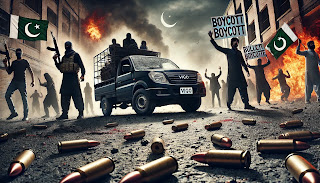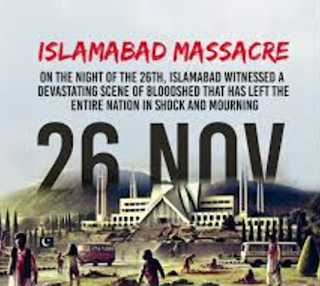The Secret Behind Kashmiri Cohesion

Introduction The question of whether Kashmiri DNA is fundamentally different from that of Pakistanis is fascinating, but it reflects a deeper issue—our struggles with unity as a nation. While DNA plays no role in determining collective behaviors like unity, other factors, including cultural, historical, and socio-political dynamics, may provide answers. Let’s explore why Kashmir seems to manage unity better and why Pakistan struggles despite shared ethnic and historical ties. Is Kashmiri DNA Unique? Scientifically, Kashmiri DNA is not drastically different from that of Pakistanis. Kashmiris, like many ethnic groups in Pakistan, share genetic similarities due to centuries of migration, intermarriage, and shared ancestry. The diversity in Pakistan—from Punjabis to Sindhis, Pashtuns, and Baloch—also exists in Kashmir. Yet, unity is not dictated by DNA but by shared narratives, cultural pride, and socio-political cohesion. Cultural Pride and Identity Kashmiris have a strong, unified ...






